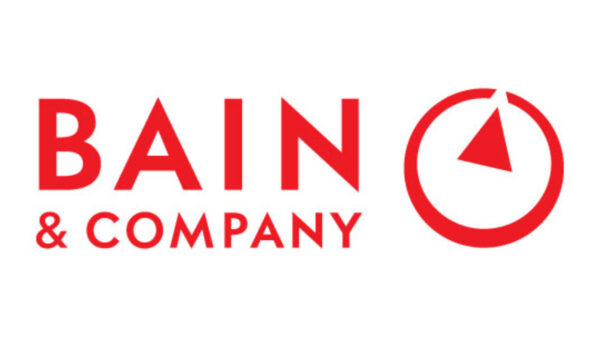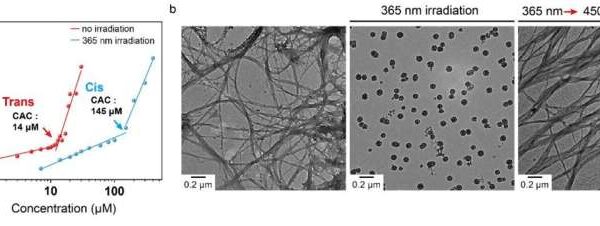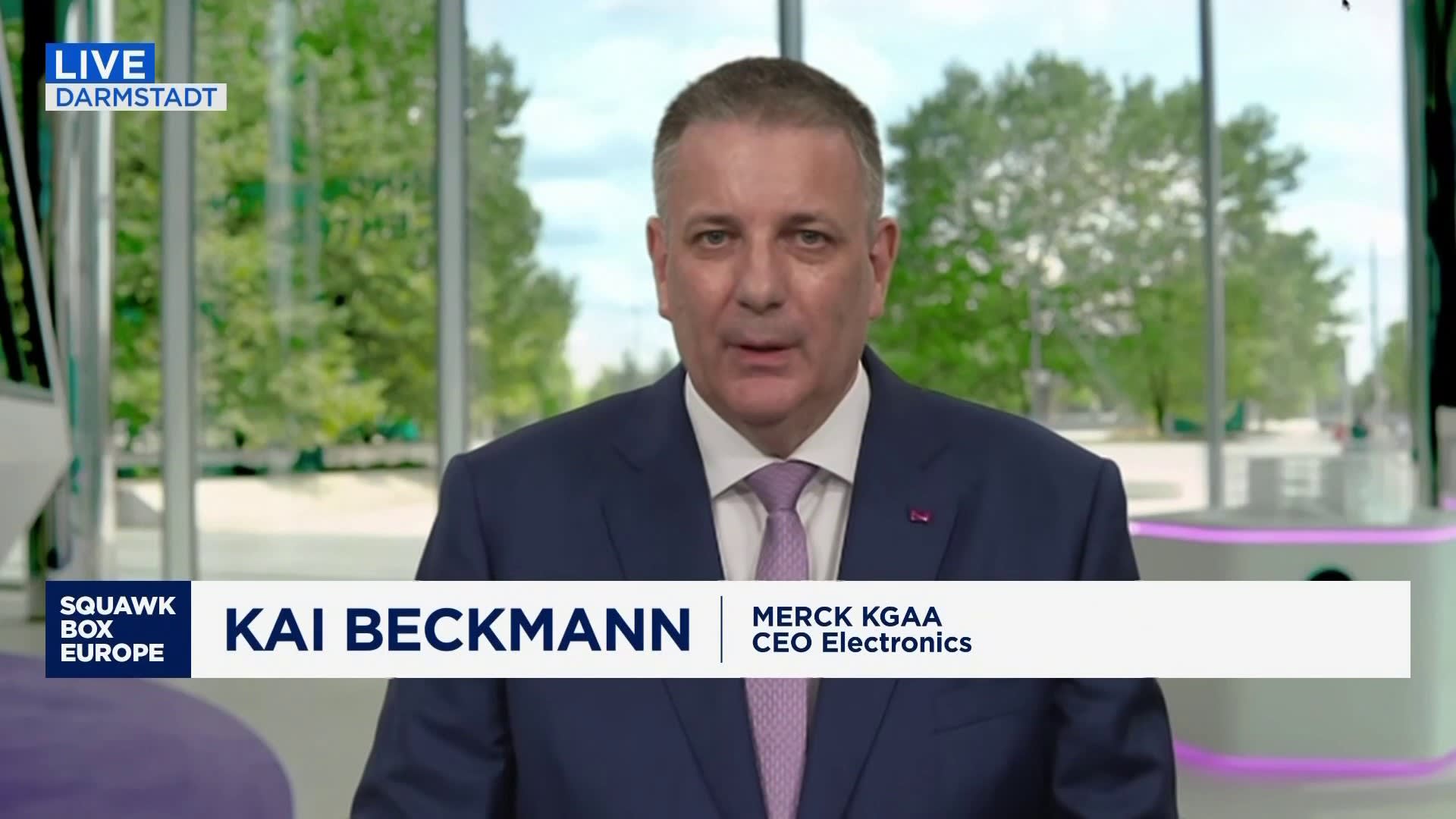Merck KGaA has raised significant concerns regarding Europe’s position in the rapidly evolving field of artificial intelligence (AI). The firm, a prominent player in science and technology, highlighted that Europe is lagging behind other regions in securing AI-specific patents. This shortfall could hinder the continent’s competitiveness within the global market.
Patenting Trends in AI
According to Merck KGaA’s recent analysis, the number of AI patents granted in Europe has not kept pace with those in the United States and Asia. The report indicates that, while the global demand for AI technology is surging, European entities are failing to capitalize on this trend through effective patent applications. In 2023, Europe accounted for merely 30% of global AI patents, compared to over 50% from the United States alone.
The disparity in patenting activity raises critical questions about Europe’s innovation ecosystem. The firm emphasized that strong patent protection is crucial for fostering research and development in AI. Without a robust patent framework, European companies may struggle to invest in the necessary technologies that drive innovation.
Implications for Competitiveness
Merck KGaA’s report outlines that the lack of AI patent activity could have far-reaching consequences for Europe’s economic landscape. As companies in the United States and Asia continue to secure patents and develop advanced technologies, European firms risk falling behind. The report warns that this trend could lead to a loss of talent and investment in the region, ultimately impacting job creation and economic growth.
Furthermore, the analysis points to the importance of collaboration between governments and private sectors to enhance the patenting process. Merck KGaA has called for policy reforms that would streamline patent applications and support innovation in AI. By simplifying procedures and reducing costs associated with patenting, Europe could position itself as a leader in the AI sector.
Industry experts echo these sentiments, stressing that a proactive approach to patenting could help Europe reclaim its standing in the global AI landscape. As countries compete for technological supremacy, the need for effective intellectual property protection becomes increasingly vital.
Looking Ahead
As 2023 progresses, the focus will be on how European nations respond to these challenges. Merck KGaA’s insights serve as a wake-up call for policymakers and businesses alike to invest in the future of AI. With the right strategies in place, Europe can harness its research capabilities and drive innovation that will benefit the entire region.
In conclusion, Merck KGaA’s findings underscore a critical juncture for Europe in the AI domain. By addressing patenting inefficiencies and fostering a more robust innovation environment, Europe can enhance its competitive edge in a technology landscape that is evolving at an unprecedented pace.





































































